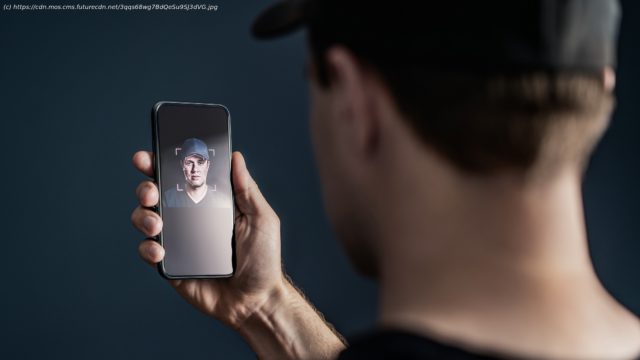Brits now need to prove they’re over 18 to access adult-only or harmful content online, and a potential privacy and security nightmare may be only one of the downsides.
Mandatory age verification has landed in the UK, though not without controversy.
The impact of age verification on Britons’ privacy is the obvious concern. Yet, according to some digital rights experts, it looks like a potential privacy nightmare may be only one of the downsides.Privacy at risk
If you’re in the UK, you are now forced to prove you are over 18 to access a host of content on the internet.
However, as the Internet Society’s Senior Director for Internet Trust, Robin Wilton, points out, the UK’s current age checking solutions force internet users – both adults and children – to over-disclose personal data, including sensitive personal data, while not guaranteeing such data is kept safe and used only for the intended purpose.
«There are more, and less, privacy-preserving ways to assert age, and regrettably, the UK Government seems to have settled for whatever’s on the market at the moment.»
You either need to scan your face, a credit card, or an identity document if you want to watch adult-only content. The same applies if you want to play a new over-18 video game, find a match on a dating app, or read a post considered potentially harmful on X, Reddit, or Bluesky.
Age verification is certainly a complex issue, yet, according to the Co-founder and CEO of Canada-based Windscribe VPN, Yegor Sak, the way the UK rolled it out «does more harm than good.»
For Sak, the biggest problem is the privacy tradeoff. «You’re asking millions of people to submit sensitive information to access legal content. That opens the door to leaks, abuse, and misuse of data.»Big data, big leaks
While the Online Safety Act is a 300-page-long legislation aimed at making the internet a safer place, experts believe that, as implemented, new age checks may end up having exactly the opposite effect.
Why? Mass data collection that, as Privacy Advocate and Director of Communications at ExpressVPN, Jack Buckley, told TechRadar, «creates an enormous attack surface.»
«If this data is leaked or mishandled, it can lead to identity theft, blackmail, scams, or long-term privacy erosion, with little visibility or control for the people affected.
Домой
United States
USA — software "A privacy tradeoff" – privacy experts slam new UK age verification checks






